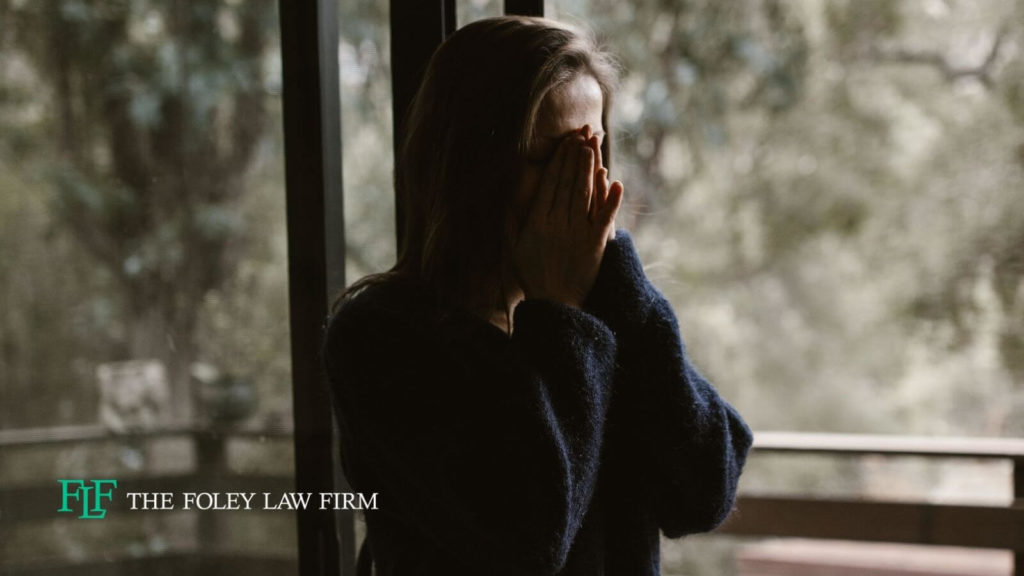
There are clear limitations about what you can and should share on the internet. For example, racy photos or explicit videos will likely get taken down if you share them social media platforms. In fact, explicit content could be enough to get you permanently banned from some apps and sites.
There are plenty of other places where you can share intimate photos and even homemade sex tapes. If you have a treasure trove of videos or images that you recorded during your last relationship or received via text message from a prior partner, sharing those with others might feel like a way to reclaim your power after a bad breakup. However, doing so might run afoul of Colorado’s revenge porn law.
You shouldn’t share or upload explicit images of someone without their consent
The term “revenge porn” has become mainstream in part because sharing explicit videos or images to punish or shame people has become a common issue. Lawmakers pushed back against this by passing a law that makes it illegal to share or otherwise disseminate images of someone identifiable with exposed intimate body parts or during sexual acts.
Unless the other person gave you explicit consent to share the image, the fact that they sent it to you or allowed you to take it does not give you the right to distribute it without their permission. If you get caught, there could be serious consequences, including fines of up to $10,000.
Anyone accused of revenge porn or similar sex offenses involving computers could have multiple ways to defend themselves depending on the evidence obtained by the state. An experienced attorney can provide guidance related to your specific situation.




